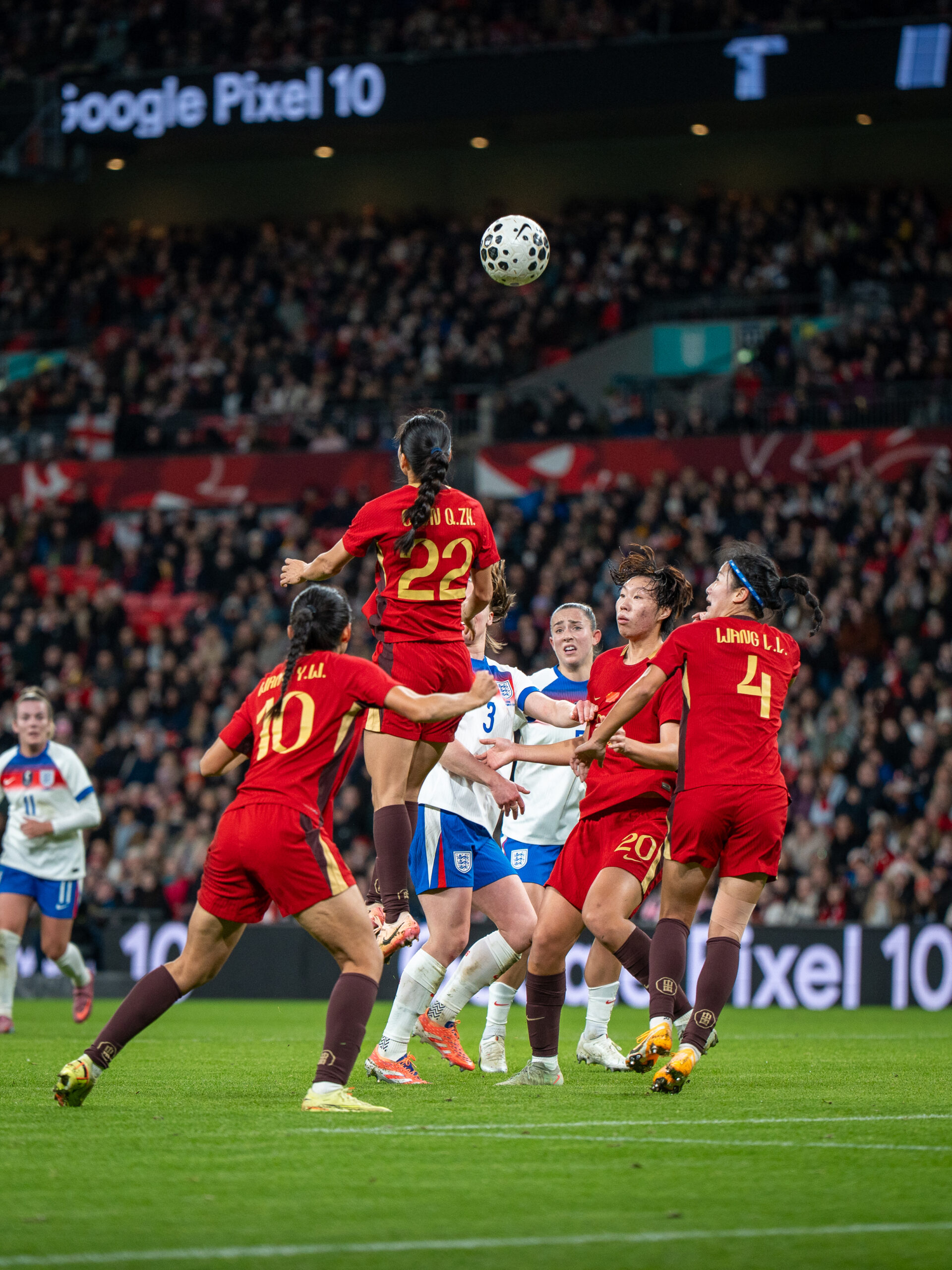“It’s about power and money, and it’s about defending those things for an exclusively male population.”
These were the words of David Goldblatt, a historian who spoke in the 2024 documentary, Copa ’71: The Lost Lionesses. He was referring to FIFA’s attempts to ban women from playing football, following the Women’s World Cup in Mexico in 1971. This is one of the topics covered in the documentary, which also depicts the history of women’s football before the tournament, which is still not technically recognised as a World Cup by FIFA. The documentary tells the story of this compelling tournament, through the voices of different footballers who played in the tournament.
What do we learn from the documentary?
After showing some footage from the World Cup in 1972, the documentary begins by depicting the story of women’s football before this tournament. We hear from former footballers, including Carol Wilson (England), Silvia Zaragoza (Mexico) and Elena Schiavo (Italy), about their childhood and how they first started playing football. David Goldblatt, the historian and only male voice in the documentary, also describes how there was a real energy for women’s football right from the beginning, and in England, there were around 100 clubs by 1917. This shows how women’s football was popular even from its infancy, and this popularity grew rapidly- this is not just a change that we have seen over the last ten years.
However, the English Football Association quickly began to attempt to put bans in place, describing football as being ‘bad for women’s health and their wombs and their ovaries’. They said to all of its members that they would be banned and excluded from the Football Association if they allowed women to use their facilities.
But the players who went to the World Cup tournament described a completely opposite reaction that they got from fans when they travelled to Mexico. Carol Wilson described arriving at the airport in Mexico and it being lined with people, throwing presents at the windows of the coach. FIFA tried their best to stop the tournament going ahead, by saying to the Mexican Football Federation that they would fine and ban them if they used any of the stadiums for the tournament’s games. Instead of stopping the tournament from going ahead, this had the opposite effect: the tournament was forced into two of the largest stadiums in Mexico, which were the Jalisco and the Azteca. They increased the marketing of the tournament as a result, to try and fill these stadiums up as much as possible. The documentary then goes on to present footage from the tournament itself, as well as more insight from some of the tournament’s key players.
Why is it such a successful documentary?
One of the aspects that I believe makes the documentary so successful is that we hear from the former footballers themselves, and we are able to hear the insight of women who have often had their voices erased from football history. Throughout the documentary, we only hear one male speaker (the historian David Goldblatt), and he offers more historical context for the tournament, which, as a viewer, helps to better understand the background for women’s football going into the World Cup in Mexico. Using these footballers’ voices for the documentary alongside David’s also combines their personal stories in women’s football with the history of the sport, so I think as a viewer, you get a good balance of their personal experiences and knowledge of the development of women’s football itself. I also think that the fact that the documentary highlights how women’s football has always had support and popularity, particularly going into the Copa 1971 tournament, and whilst the popularity of women’s football has significantly increased over the past decade, it is not the case that the sport has only started to become popular in more recent years.
Final Thoughts
Overall, I thoroughly enjoyed the documentary, and I think that it is a very important watch, both for avid women’s football fans, and newer fans. Hearing the stories of past female footballers, who played in an era before they could witness the explosive rise in the popularity of women’s football, is both inspiring and heartbreaking, especially considering how their remarkable achievements have often been overlooked or erased from history. But Copa ’71: The Lost Lionesses, allows them to share their stories and cement their very significant places in the history of women’s football. The documentary is currently available to watch on BBC iPlayer and purchase on Amazon Prime.



